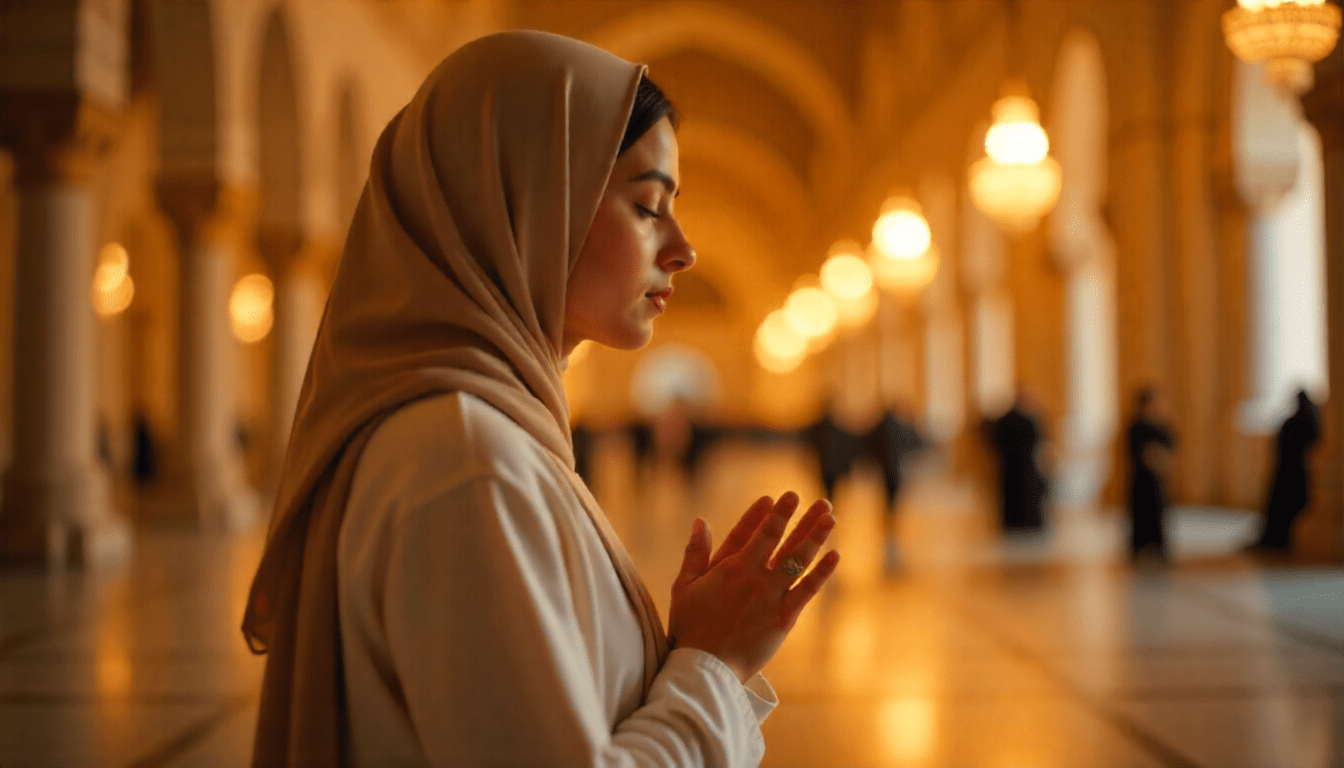Hajj, the pilgrimage to Mecca, is a profound spiritual journey and one of the five pillars of Islam. Performed during the Islamic month of Dhul-Hijjah, Hajj unites Muslims worldwide in worship and submission to Allah. This article explores the significance, rituals, and personal impact of Hajj.
What is Hajj?
Hajj is an obligatory pilgrimage for Muslims who are physically and financially able, as commanded in the Quran: “Pilgrimage to the House is a duty owed to Allah by all who can afford the journey” (Quran 3:97).
Spiritual Significance
Hajj is a journey of renewal, forgiveness, and unity. The islam article underscores its role in cleansing sins and strengthening faith, as the Prophet Muhammad (peace be upon him) said, “Whoever performs Hajj… will return as a newly born baby.”
-
Forgiveness of Sins: Hajj offers a chance to seek Allah’s mercy and start anew.
-
Unity of Ummah: Pilgrims from diverse backgrounds worship together, reflecting Islam’s universal message.
-
Submission to Allah: Hajj symbolizes complete devotion and trust in Allah’s will.
The Rituals of Hajj
Hajj involves specific rituals performed over five to six days, each with deep spiritual meaning.
Key Rituals
-
Ihram: Entering a state of purity by wearing simple garments and making the intention for Hajj.
-
Tawaf: Circumambulating the Kaaba seven times, reciting prayers and supplications.
-
Sa’i: Walking seven times between the hills of Safa and Marwah, commemorating Hagar’s search for water.
-
Arafah: Standing in prayer on the Day of Arafah, seeking forgiveness and blessings.
-
Muzdalifah and Stoning: Collecting pebbles and performing the symbolic stoning of the devil.
Preparing for Hajj
Preparation for Hajj requires spiritual, physical, and logistical readiness.
Practical Steps
-
Spiritual Preparation: Learn the rituals, make dua, and seek forgiveness before departing.
-
Physical Fitness: Build stamina for the physical demands of Hajj, such as walking long distances.
-
Logistical Planning: Arrange travel, accommodations, and visas through authorized Hajj operators.
-
Financial Planning: Save and budget for the journey, ensuring no debt is incurred.
The Personal Impact of Hajj
Hajj transforms pilgrims, fostering spiritual growth and a renewed sense of purpose.
Life-Changing Benefits
-
Spiritual Renewal: Pilgrims return with a cleansed heart and stronger faith.
-
Humility and Gratitude: The simplicity of Ihram and shared worship instill humility.
-
Global Perspective: Meeting Muslims from around the world broadens one’s worldview.
Challenges of Hajj
Hajj can be physically and emotionally demanding, requiring patience and resilience.
Overcoming Obstacles
-
Crowds and Heat: Prepare for large crowds and hot weather by staying hydrated and patient.
-
Emotional Overwhelm: Focus on spiritual goals to manage intense emotions during worship.
-
Logistical Issues: Work with reputable Hajj organizers to minimize travel disruptions.
Hajj and Community
Hajj strengthens the global Muslim community, fostering unity and shared purpose.
Collective Worship
-
Shared Rituals: Performing rituals together reinforces the concept of Ummah.
-
Charity and Support: Pilgrims often engage in charitable acts during Hajj, supporting the needy.
-
Post-Hajj Impact: Returning pilgrims inspire their communities with renewed faith and commitment.
FAQs
Who is required to perform Hajj?
Hajj is obligatory for Muslims who are physically and financially able, once in a lifetime.
What is the significance of the Day of Arafah?
The Day of Arafah is the pinnacle of Hajj, where pilgrims stand in prayer, seeking Allah’s forgiveness.
Can women perform Hajj alone?
Women under 45 require a male guardian (mahram), but some scholars permit older women to travel in groups.
How does Hajj differ from Umrah?
Hajj is obligatory and performed during Dhul-Hijjah, while Umrah is voluntary and can be done anytime.
What should I pack for Hajj?
Pack Ihram garments, comfortable shoes, personal hygiene items, and a Quran or dua book.
How does Hajj impact a Muslim’s life?
Hajj fosters spiritual renewal, humility, and a stronger connection to Allah and the global Muslim community.
Hajj is a transformative journey that deepens faith, unites Muslims, and leaves a lasting impact on the heart and soul.


